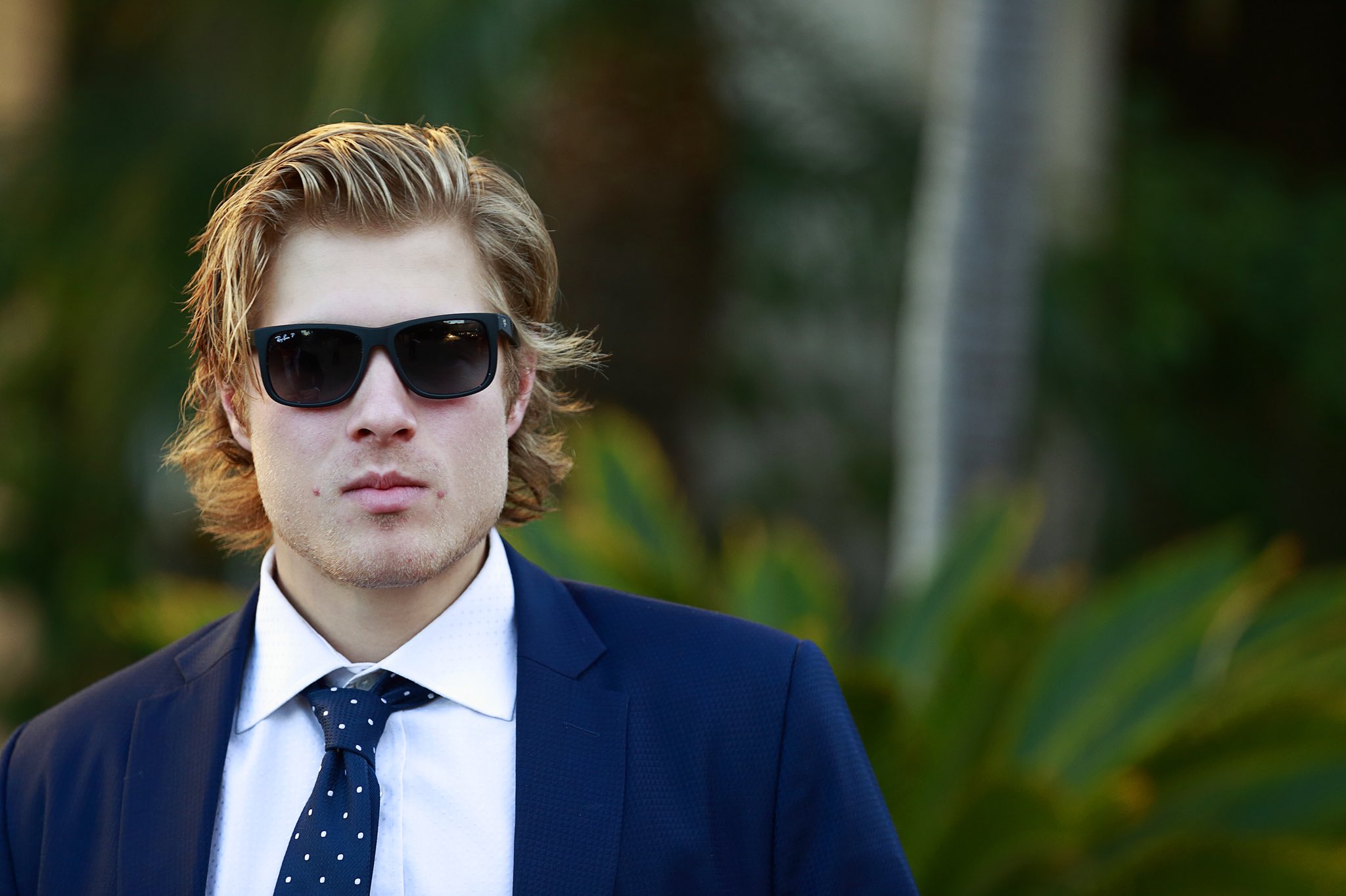Nov 7, 2023
Many of us have heard the phrase, "what works for one person's hair may not work for another," and it couldn't be truer. Your hair is unique, and understanding your specific hair type is crucial for selecting the right hair care products. In this blog post, we will delve into the various factors that define your hair type, including curl pattern, hair porosity, hair texture, hair density, and scalp moisture levels. We'll also provide essential tips and product recommendations for each hair type.
Curl Pattern:
Your curl pattern determines how straight or curly your hair is. It is often categorized into four main types: straight, wavy, curly, and kinky. Each type has subcategories that indicate the intensity of the curl. Identifying your curl pattern is as simple as letting your hair air dry after washing. The longer your hair, the looser the curls may appear as they are weighed down. Each curl pattern comes with its own set of characteristics and needs, such as product preferences and care routines.
Straight Hair (Type 1): Straight hair tends to get oily quickly and may not require heavy hair oils. The key is to maintain a simple routine.

Wavy Hair (Type 2): Wavy hair may require lightweight products to prevent weighing down the curls, especially in more humid conditions.

Curly Hair (Type 3): Curly hair should be handled gently and is best air-dried to avoid frizz.

Kinky Hair (Type 4): Kinky hair benefits from moisture-rich products, like shea butter, and co-washing is a popular choice for maintaining its health.

Hair Porosity:
Hair porosity refers to your hair's ability to absorb and retain moisture. It can be categorized into low, medium, and high porosity. Determining your hair porosity involves analyzing how quickly your hair absorbs water in the shower and how fast it dries after washing.
Low Porosity: Hair with low porosity has tightly packed cuticles, making it challenging for moisture to penetrate. Consider using water-based conditioners and avoiding heavy oils.
Medium Porosity: Hair with medium porosity has slightly raised cuticle scales, making moisture easy to absorb and retain. This type offers more flexibility in product choices.
High Porosity: High porosity hair quickly absorbs moisture but struggles to retain it. Deep conditioning and oil-based products are beneficial for this hair type.
Hair Texture:
Hair texture defines the thickness of an individual hair strand. It is categorized as fine, medium, or coarse. To determine your hair texture, you can roll a strand of hair between your fingers and assess how it feels.
Fine Texture: Fine hair is more prone to breakage and may require extra care when brushing or drying. Fine hair can benefit from products with protein.
Medium Texture: Medium-textured hair is considered the ideal balance, making it easier to manage and style.
Coarse Texture: Coarse hair is thick and robust, which provides strength but can be prone to dryness or frizz.
Hair Density: Hair density refers to how much hair you have per square inch on your scalp. It can be classified as thin, medium, or thick. You can assess your hair density by parting your hair and observing how much of your scalp is visible.
Thin Density: Thin hair can benefit from lighter products such as sprays or mousses to avoid weighing it down.
Medium Density: Hair with medium density falls between thin and thick and allows for more product flexibility.
Thick Density: Thick hair offers volume and strength but may require extra care to prevent product buildup.
Scalp Moisture: Scalp moisture levels determine whether your scalp is dry, oily, balanced, or a combination of both. Various factors, including genetics and overwashing, can affect your scalp moisture level.
Dry Scalp: Dry scalp may lead to irritation and flakiness. Use moisturizing products and avoid overwashing.
Oily Scalp: Oily scalps may require less frequent washing and lightweight, water-based products.
Balanced Scalp: A balanced scalp has just the right amount of moisture.
Combination Scalp: Combination scalps feature oily roots and dry ends. You should tailor your care routine to address both areas.
Understanding your hair type is essential for maintaining healthy and beautiful hair. By considering your curl pattern, hair porosity, texture, density, and scalp moisture levels, you can make more informed choices when selecting hair care products. Experimenting with different products and routines based on your unique characteristics will help you achieve the best results for your hair. Remember that your hair is as unique as you are, and finding the perfect routine may require some trial and error.
As always, for additional help, talk to a professional in your area, someone who can give you advice that is tailored to your hair type, style, and history. The barbers at The Cage have gone through the process of testing and vetting a variety of hair products and would love to give you recommendations. Feel free to book a service with them.



